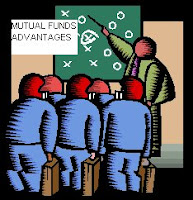The Hoss has been glued to CNN and yesterday's historic moment was one that moved The Hoss to tears. I knew the historical significance of what was about to happen when Hillary Clinton took the mike and motioned to cut the roll call vote short, saying "Let's declare together with one voice right here, right now, that Barack Obama is our candidate and he will be our president."

What I wasn't prepared for was the tears of joy flowing down the cheeks of many of the participants, who were obviously aware of the historical significance of what had just happened. Arguably one of the most momentous occurrences in American history. An African American leading a major party's ticket. Only 45 years ago Martin Luther King Jr gave his "I have a dream" speech. That dream, at least in part, has come to fruition.
In his acceptance speech Obama's Vice Presidential nominee Joe Biden, pointed out the economic success of the Bill Clinton presidential era and the economic failures of the Bush presidency and stressed that an Obama administration would reduce taxes for the working class, make health care accessible to all, and make education a priority.
All in all it has been a good week for the Democrats what with the great speeches from Michelle Obama, Joe Biden, Hillary and Bill Clinton, and the nomination of an African American for the President of the United States, Barack Obama. I feel privileged to have been able to watch this event and as a Canadian I congratulate the American Democratic Party and the American people. Maybe, just maybe, some day we will all be able to live in peace and harmony.
Stay on track,
The Hoss
Next Hoss Cents Free Financial Money Magazine Post: How Do Mutual Funds Work The Loads
Previous Post:Mutual Funds and Closed End Investment Funds









